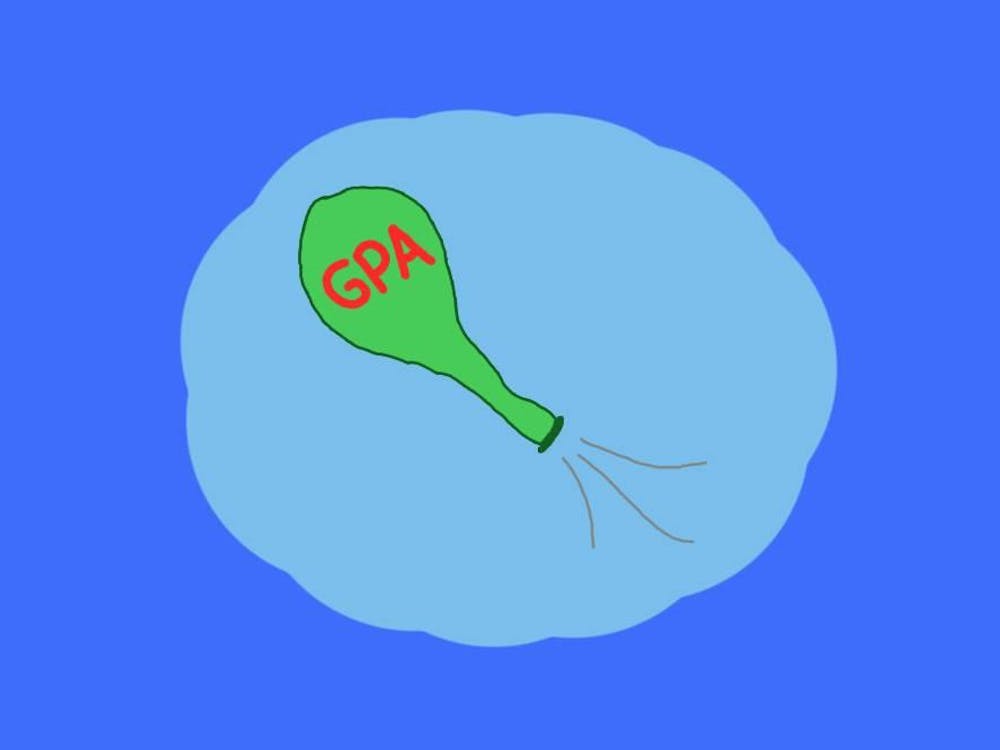EVERYONE knows who Christopher Columbus is and why we honor him. He is celebrated for "discovering" the New World. But Columbus was about 500 years too late to get credit for this feat.
The man we should be honoring is Leif Ericson. His holiday was Oct. 9, but just like every year, it came and went without any fanfare. No one has Leif Ericson parades, and few study Leif Ericson in school. In fact, the day is hardly marked on any calendars. Yet, Ericson beat out Columbus by nearly half a millennium.
Ericson's accomplishments have received official approval, and yet still many do not know who he is. In 1964, President Lyndon B. Johnson, backed by a unanimous Congress, proclaimed Oct. 9 "Leif Ericson Day" in commemoration of the first arrival of a European on North American soil.
In 1995, President Clinton wrote in a proclamation about the holiday, "Every October, we celebrate Leif Ericson Day and honor the memory of that great Norse explorer who first set foot on North American soil nearly a millennium ago. At a time when mankind has traveled from pole to pole and even journeyed into the vast reaches of space, Leif Ericson's bold determination stands as an early example of the spirit of adventure and enterprise."
Ericson, a native of Iceland, landed in North America in the year 1000. He arrived in Canada, first landing on Baffin Island, which he called Helluland (Flat Rock Land), then Labrador, which he called Markland (Woodland), and finally Newfoundland, which he called Vinland (Wineland or Pastureland).
Ericson and the other Icelandic Vikings stayed for the winter, leaving in 1001. Icelanders made other attempts to settle in North America, but failed due to friction with the native North Americans. The Vikings only made a few other trips to North America, and their discovery remained largely unknown to the rest of Europe for hundreds of years.
Ericson's voyage is recorded in the Icelandic sagas, and is further backed up by archaeological evidence. There is little doubt that it occurred, and that it preceded Columbus' expedition by centuries.
The implications of Ericson's voyage could have been tremendous. We could be oriented to Iceland and Scandinavia as our primary European connections, not England. Names like Egill, Solveig and Sigurdur could be more common than Bill, Kate or Tom.
Jón Baldvin Hannibalsson, Ambassador of Iceland to America, recognized these implications, saying in a speech to an American audience in January, "If Leif the Lucky and successive Icelandic explorers, who reached these shores a thousand years ago, had not -- for unexplained reasons -- decided not to overstay their welcome, I could presumably address you in Icelandic -- hoping that you would understand."
There are even signs that the Icelanders' activities in the New World could have influenced Columbus' trip. Prior to his voyage, Columbus went to Bristol, England, a city that traded extensively with Iceland, and where stories of Ericson's journey could have circulated. Columbus also visited Iceland in 1477, and as Ambassador Hannibalsson says, "He couldn't have been there long, without being told the story of the discovery of America 477 years earlier (which he later claimed for himself)."
Despite these impressive accomplishments, Ericson remains a minor figure in history. In the pantheon of explorers, it is unlikely that he would be mentioned with the likes of Columbus, Hernando de Soto or Sir Walter Raleigh. Certainly Columbus should also be honored. He was not the "discoverer" of the New World, but he did much to spread word of his trip throughout Europe. There is a direct link between Columbus and European expansion. This was his primary accomplishment -- not the actual discovery.
Ericson's second class status has angered some Scandinavians who feel that his bravery and accomplishments are ignored in place of Columbus. One such person is Andy Anderson, the founder and president of the "Leif Ericson Society." He published a book entitled "Viking Explorers and the Columbus Fraud." Anderson may not be on the popular side of history, but he is on the right side. Ericson has not received credit for his discovery, and it is time to set the record straight.
Ericson should not be in the shadows of history. His life should be celebrated. His accomplishments should be studied. When we think of the European discovery of the New World, we should not think of the Italian explorer Columbus or the financial backing of the Spanish throne, but of the Icelandic Viking and adventurer Leif Ericson.
(Peter Brownfeld's column appears Mondays in The Cavalier Daily.)




